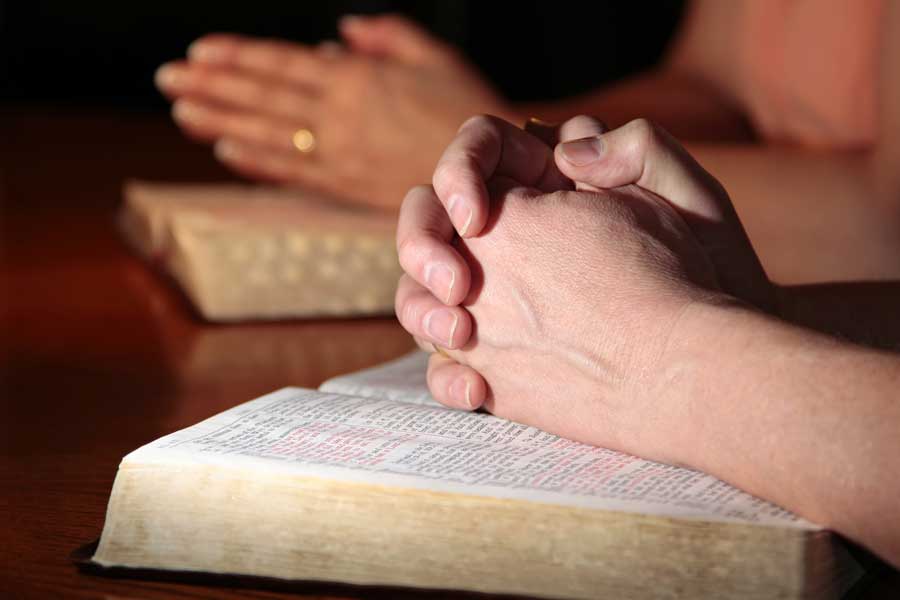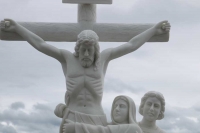Daily Devotion
Created: Thursday, 15 March 2018 11:23
Hits: 879
LUKE10:1-16 ---
This scripture describes a wider mission than the first mission of the Twelve. The number 70 was symbolic to the Jews. (1st) It was the number of the elders that were chosen to help Moses with the task of leading and directing the people in the wilderness. (2nd) It was the number of the Sanhedrin, the supreme council of the Jews. (3rd) It was held to be the number of the nations of the world. Luke was the man with the universalist view, and it may well be that he was thinking of the day when every national in the world would know and love his Lord.
There is an interesting sidelight here. Chorazin is one of the towns on which woe is pronounced. It is implied that Jesus did many mighty works there. In the gospel history, as we have seen it, Chorazin is never mentioned, and we do not know one thing that Jesus did or one word that He spoke there. Nothing could show so vividly how much we do not know about the life of Jesus. The gospels are not biographies; they are only sketches of His life. (John21:25)
Luke now tells us certain supremely important things about both the preacher and the hearer. (1st) The preacher is not to be cluttered up with material things; he is to travel light. It is easy to get entangled in the things of life. Earth must never blot out heaven. (2nd) The preacher is to concentrate on his task; he is to greet no man on the way. This goes back to Elisha's instruction to Gehazi in 2 Kings 4:29. It is not an instruction to discourtesy; it means that the man of God must not turn aside or linger on the lesser things while the great things call him. (3rd) The preacher must not be in the work for what he can get out of it; he is to eat what is put before him and must not move from house to house seeking better and more comfortable quarters. It was not long before the church had its spongers. There was a book called "THE TEACHING OF THE TWELVE APOSTLES." It was written about A.D. 100 and was the church's first book of order. In those days, there were prophets who wandered from town to town. It is laid down that if a prophet wishes to stay in a place for more than three days without working he is a false prophet, and if a prophet claiming to be in the Spirit asks for money or a meal he is a false prophet! The laborer is worthy of his hire, but the servant of a crucified Master cannot be a seeker for luxury. (4th) To have heard God's word is a great responsibility. A person will be judged according to what he has the chance to know. We allow things in a child that we condemn in an adult; we forgive thing in a savage that we punish in a civilized adult. Responsibility is the other side of privilege.
(5th) It is a terrible thing to reject God's invitation. There is a sense in which every promise of God that a person has ever heard can become their condemnation. If they receive these promises, they are their greatest glory, but each one that they have rejected will someday be a witness against them.
Life Application: God expects us to live up to what we know, however, we also must know that ignorance is no excuse. The old saying "THY WORD HAVE I HID IN MY HEART THAT I MIGHT NOT SIN AGAINST THEE" Is not just an old saying. It is an absolute!
Praise/Prayer: Dear Father, thank You for sending Jesus to show us how to live and what to live for. Jesus lived such a life. He showed adults what You expect of us. He told us to rejoice in the fact that our names are written in heaven. This world is not our eternal residence, but we look forward to the day that we will be with You. Help me to stay faithful while on earth because I have lived my whole life being driven to live with You and all the host of heaven. What a Day that will be. Amen!










